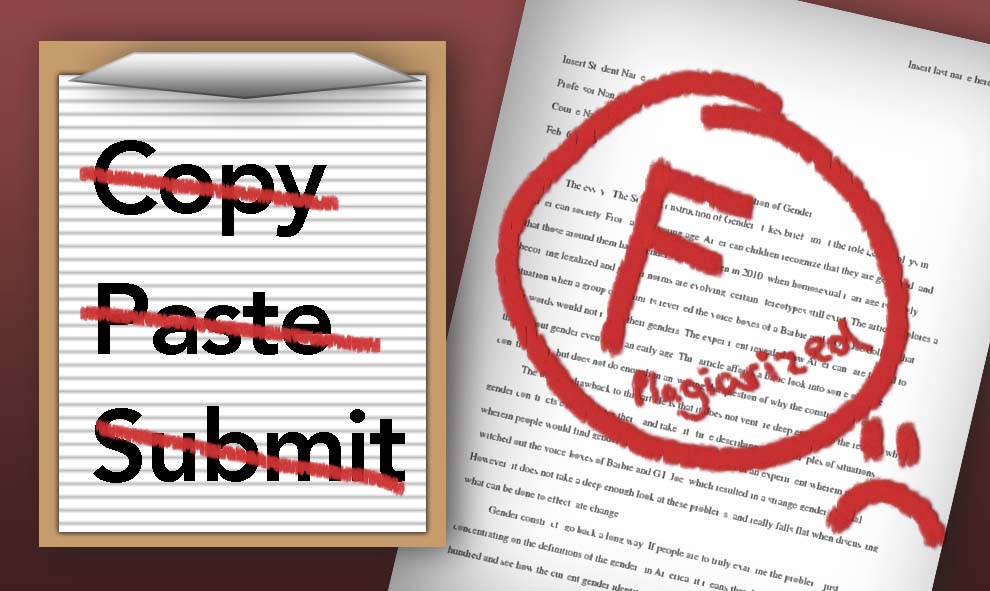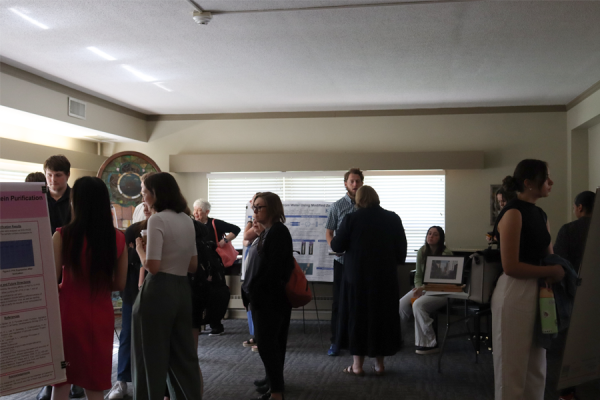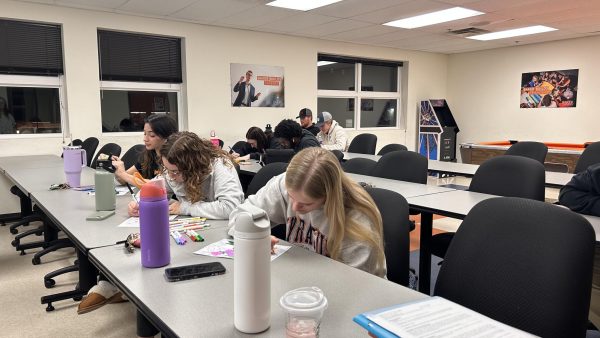Coming fall 2017: a new academic misconduct policy
Graphic by Sarah Baker.
A new academic misconduct policy will go into effect in the fall 2017 semester. The policy was introduced in 2016 and has been on a trial period this semester.
The policy was approved by Faculty Senate. It will involve the use of sanction points on a scale from zero to three, based on the severity of the violation, with three points resulting in the expulsion of a student.
Associate Professor of Psychology Sara Crump said the policy developers had decided to get rid of the warning-level violation, which is zero sanction points for small instances of academic misconduct. However, it has been reinstated and included in the new policy. She said these warning-level violations may be accidental or unintentional and constitute only a minor portion of the assignment in question.
“A lot of the faculty on campus felt more comfortable adding [the warning-level violation] back because it does happen,” Crump said.
The warning-level violation will only be granted during a student’s first semester and for a student’s first offense under the new policy.
However, even the warning-level violation will include a consequence of participating in an educational experience on the policy so the student is fully aware of what constitutes academic misconduct.
“Even at these lower-level sanctions, we still want to educate the student on how to avoid that kind of behavior in the future,” Crump said.
Professors will still be able to handle academic misconduct in their own courses in whatever way they see fit, but they are now required to document any instances of academic misconduct with the university.
The misconduct form will have a list of possible violations so that professors can check what occurred.
The academic dean will track violations and assign the amount of sanction points based upon the severity of every violation to ensure consistency.
“Once a form is submitted to the dean, it’s never going to go away,” Crump said.
Dean of Students Cassy Bailey will help educate students on the policy.
Bailey said that she anticipates most new students will not be familiar with the academic policy. The Salon 101 class will provide lessons about how the policy works, including an interactive component.
“They need to know what the consequences will be so that they can weigh the pros and cons when choosing whether or not to violate the policy,” Bailey said.
To get the rest of the upperclassmen up to speed, education on the new policy will be included in a section of upper-level Quest courses.
“I think will be an eye-opener for our students who are returning,” Bailey said.












